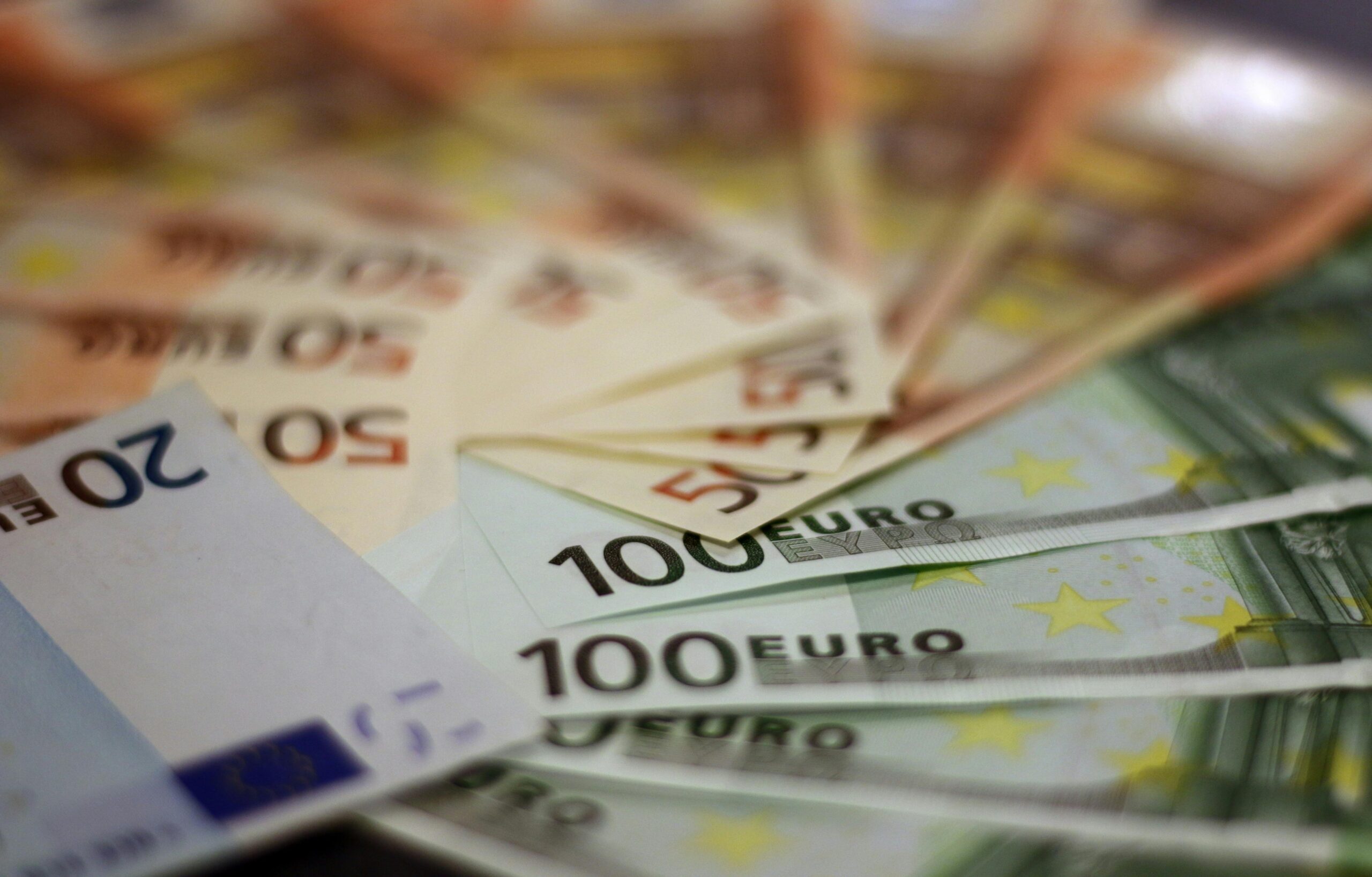The euro was introduced in Lithuania ten years ago, on January 1, 2015, and so far it has helped the country to cut borrowing costs, increase credibility, and avoid the more severe consequences of the 2022-2023 energy crisis. BNS interviewed several financial and monetary policy experts about this issue.
“I think the euro has simply contributed to our economic development,” says Vitas Vasiliauskas, who was head of the Lithuanian central bank when the euro was introduced. “We did a cost-benefit analysis before the introduction of the euro, and I think that everything more or less turned out to be in line with our forecasts – interest rates, exchange costs, the boost to gross domestic product growth, etc.”
Vasiliauskas added that Lithuania had used the euro since it was pegged to the litas in 2002, but the official introduction of the single currency in 2015 allowed the country take part in the monetary policy-making of the euro zone.
“Borrowing costs have fallen, and currency exchange risks no longer exist,” Vasiliauskas explains. “Borrowing has become cheaper for the state, businesses and individuals since we joined the eurozone, and that, of course, has enhanced the state’s credibility.”
Economist Algirdas Bartkus had this to tell BNS: “The euro also has an intangible and irrational benefit in terms of how many people began to see us as a more reliable country and be more willing to lend more money cheaply, and that translated into lower interest rates. It has become much easier for companies and citizens who have loan obligations to do so.”
Bartkus added that between 2014 and 2024, Lithuania was in 4th place among EU member states in terms of average price growth rates, but its participation in the eurozone’s common monetary policy has allowed it to avoid higher inflation and more severe consequences from the 2022-2023 energy crisis.
“If we had not had the euro, we would not have the 50% (decadal average inflation – BNS),” Bartkus says. “We would have had 70%, like the Hungarians, or perhaps even more. The Hungarians had access to cheap Russian energy resources which we would have rejected, of course, for political reasons.”
The two experts disagreed when asked whether the introduction of the euro in 2015 led to significant price increases.
“We expected some increases, and I think that happened,” Vasiliauskas says. “There was no huge jump, and as far as I’m concerned, the replacement of the currency had nothing to do with inflation.”
Bartkus, for his part, argues that despite an increase in prices, the purchasing power of Lithuanians increased by around 70% during the course of the decade.
“The euro is a very useful currency for small countries such as hours,” the expert says. “We don’t have A-to-Z production of goods and energy resources, so the common currency is indispensable for a country such as ours.”
Source: BNS
(Reproduction of BNS information in mass media and other websites without written consent of BNS is prohibited.)


















